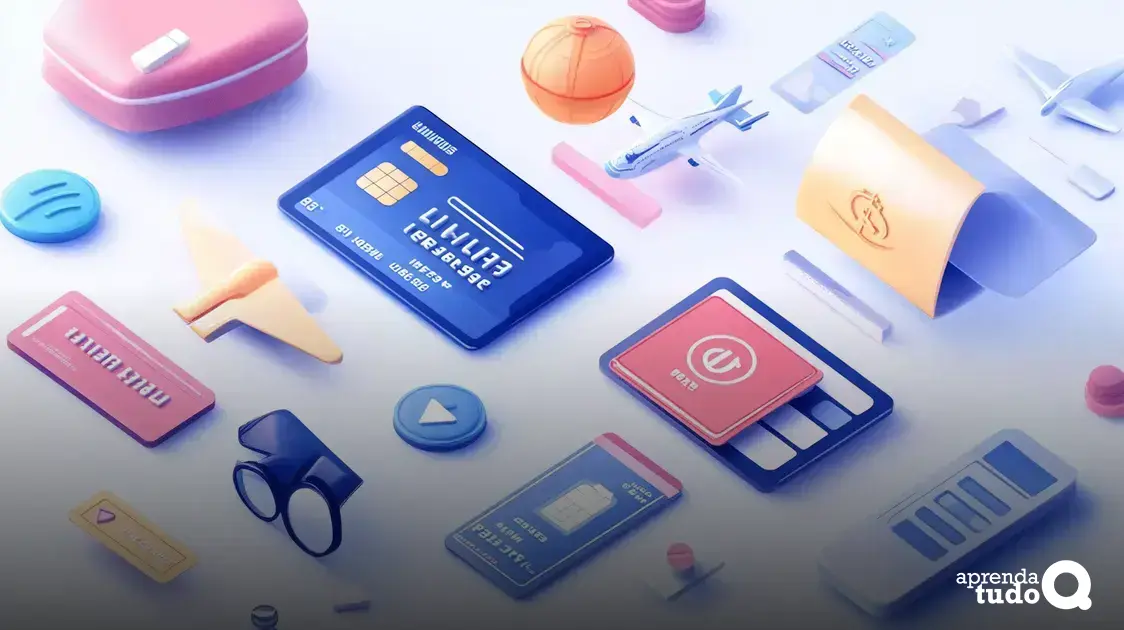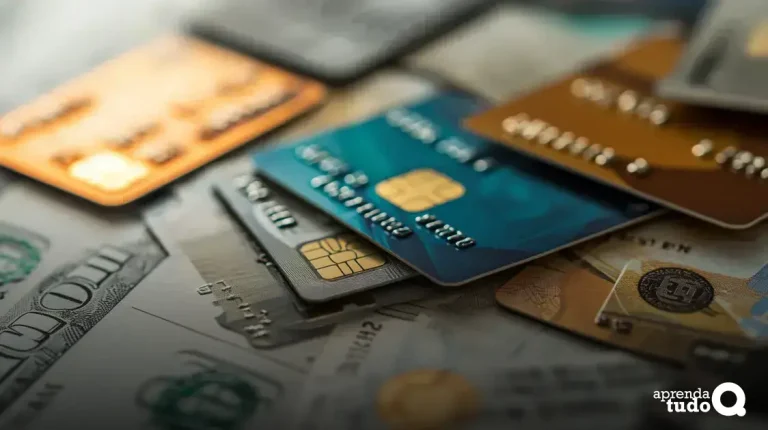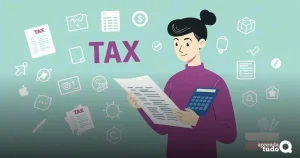Compare credit cards like a pro to uncover the most advantageous options available.
With countless credit cards on the market, it can be daunting to sift through all the features, fees, and benefits.
Knowing what to look for can help you make informed choices tailored to your financial goals.
Compare Credit Card Features
When you compare credit cards features, it’s essential to look at several key elements that can impact your overall satisfaction and savings.
Many credit cards come with unique offers that cater to different spending habits, so understanding these features can help you find the card that best suits your needs.
Annual Fees
One of the first things to check is whether the card has an annual fee. Some cards charge a fee each year, while others may not.
If you choose a card with a fee, ensure that the benefits it offers justify the cost.
Interest Rates
The interest rate, or Annual Percentage Rate (APR), is critical when comparing cards.
A lower APR means less you’ll pay if you carry a balance.
Look for promotional rates or 0% introductory offers, which may be beneficial for your financial strategy.
Rewards Programs
Credit cards often have rewards programs that allow you to earn points, cashback, or travel miles based on your purchases.
Compare the rewards rates and how you can redeem them. Some cards may offer better rewards on specific categories like groceries or gas.
Additional Benefits
Many credit cards come with additional benefits, such as purchase protection, travel insurance, or extended warranties.
Assess these perks and think about which ones are most valuable for you based on your lifestyle and spending habits.
Foreign Transaction Fees
If you travel internationally, consider whether the card has foreign transaction fees.
Some cards charge a percentage for purchases made outside your home country, while others do not.
A no-foreign transaction fee card can save you a significant amount while travelling.
Credit Limit
Your credit limit is another crucial feature to compare.
A higher credit limit can provide you with more flexibility, but you should also stay within a reasonable percentage of that limit to maintain a good credit score.
Understanding Interest Rates and Fees
When understanding interest rates and fees associated with compare credit cards, it is vital to know how these factors can affect your finances.
The interest rate, often represented as the Annual Percentage Rate (APR), determines how much interest you’ll pay on outstanding balances.
What is APR?
The APR is the cost of borrowing money on your credit card, expressed as a yearly percentage.
If you carry a balance each month, this rate can significantly impact how much you’ll end up paying over time.
Types of Interest Rates
There are several types of interest rates you might encounter:
- Fixed Rates: These stay the same throughout the life of the loan, making it easier to budget for payments.
- Variable Rates: These can change based on market conditions, meaning your interest payments could rise or fall.
- Promotional Rates: Some cards offer low introductory rates for a certain period. Understanding when these rates expire is important to avoid higher costs later.
Fees to Consider
Besides interest rates, you should also be aware of additional fees that can apply:
- Annual Fees: Some credit cards charge a fee each year for usage. Weigh this against the benefits you receive.
- Late Payment Fees: Missing a payment deadline can result in hefty penalties.
- Cash Advance Fees: If you withdraw cash using your credit card, you might face a fee and a higher interest rate immediately.
How Interest Affects Debt
Understanding how interest and fees work can help you manage your credit card debt.
Carrying a balance can become expensive quickly, so paying on time is vital to avoiding additional charges.
Keeping Costs Down
You can keep costs down by making timely payments and understanding when interest accrues.
Always read the terms and conditions of your credit card to stay informed about changes that might affect your costs.
Rewards and Cashback Options

Many credit cards offer rewards and cashback options that can provide valuable benefits based on your spending habits.
Understanding how these programs work can help you compare credit cards and choose the right card that maximizes your returns.
Types of Rewards
Credit cards typically offer several kinds of rewards:
- Points: Accumulate points for every rand spent, which can be redeemed for travel, merchandise, or gift cards.
- Cashback: Receive a percentage of your spending back as cash, which can be applied as a statement credit or deposited into your account.
- Miles: Earn travel miles that can be used for flights, hotel stays, or upgrades.
How Cashback Programs Work
Cashback options can vary.
Some cards might offer a flat rate on all purchases, while others give higher rates for certain categories such as groceries, restaurants, or gas.
Always read the details to ensure you understand how to earn the most cashback.
Benefits of Reward Programs
Having a card that offers rewards can enhance your spending experience. You can turn everyday purchases into valuable returns.
For example, using a rewards card for travel expenses might yield free flights or hotel stays, making your trips more affordable.
Expiry of Rewards
It’s important to check if the points or cashback you earn have an expiration date.
Some programs require you to redeem rewards within a specific timeframe, so staying informed can help you avoid losing benefits.
Choosing the Right Program
When comparing cards, consider your typical spending habits.
If you travel frequently, a card offering travel rewards may be best.
If you mostly use your card for everyday purchases, look for cashback options that maximise returns on those transactions.
Combining Cards
Many savvy users choose to combine cards that offer the best rewards for different spending categories.
For instance, using one card for groceries and another for travel can optimise your rewards and cashback.
How to Choose the Right Credit Card
Choosing the right credit card can be a daunting task, but following these steps can simplify the process. Start by assessing your spending habits.
Determine where you spend the most money, such as groceries, gas, or travel, to compare credit cards that provide rewards or cashback in those categories.
Consider Your Credit Score
Your credit score plays a crucial role in the credit card options available to you. Many premium cards require a higher credit score.
Check your score beforehand to find cards that match your profile.
Evaluate Fees and Interest Rates
Pay attention to annual fees, interest rates, and any other charges. A card with no annual fee may be better if you do not plan to use it often.
If you do carry a balance, look for a card with a low interest rate.
Check the Rewards Program
As mentioned in previous sections, different cards offer various reward structures.
Make sure you understand how the rewards programme works. Find out what types of purchases earn points, cashback, or travel miles.
Understand the Terms
Always read the terms and conditions. Pay attention to promotional offers, expiration dates for rewards, and possible fees for foreign transactions.
Knowing the fine print can save you money in the long run.
Seek Recommendations and Reviews
Ask friends or family about their credit card experiences. You can also read online reviews.
Knowing real users’ opinions about customer service and overall satisfaction can help guide your choice.
Test Multiple Cards
Once you choose a card, use it as much as possible to earn rewards.
If you find it’s not meeting your needs, don’t hesitate to apply for another card that aligns better with your spending habits.
Tips for Managing Credit Card Debt
Managing credit card debt can seem challenging, but with the right strategies, you can take control of your finances.
Here are some tips for managing credit card debt effectively:
Create a Budget
Start by creating a monthly budget that outlines your income and expenses.
This helps you see where your money goes and identify areas to cut back, allowing you to allocate more funds towards paying off your debt.
Pay More Than the Minimum
Always aim to pay more than the minimum payment required.
Paying only the minimum can prolong your debt and significantly increase the interest you pay over time.
Aim to pay as much as you can each month to reduce your balance faster.
Prioritise High-Interest Debt
If you have multiple cards, consider prioritising your payments on the cards with the highest interest rates.
This approach saves you money on interest in the long run and can help you pay off your debt quicker.
Consider a Balance Transfer
A balance transfer to a card with a lower interest rate might be a good option. Some cards offer 0% introductory rates on balance transfers.
Just be mindful of balance transfer fees and the end date of the promotional rate.
Set Up Automatic Payments
To avoid late fees and potential damage to your credit score, consider setting up automatic payments for at least the minimum amount due.
This ensures you don’t forget to pay your bill each month.
Seek Professional Help
If you find yourself overwhelmed by debt, do not hesitate to seek help from a credit counselling service.
These professionals can provide you with resources and support to create a debt management plan tailored to your needs.
The Impact of Credit Score on Card Choices

Your credit score plays a vital role in determining which credit cards are available to you and the terms of those cards.
Understanding the impact of your credit score on card choices can help you compare credit cards, make informed decisions, and improve your financial health.
What is Credit Score?
A credit score is a numerical representation of your creditworthiness based on your credit history.
It ranges from 300 to 850, with higher scores indicating better creditworthiness. Lenders use this score to assess the risk of lending to you.
Influence on Card Eligibility
Your credit score significantly affects your eligibility for credit cards. Many premium credit cards require a higher score, often above 700.
If your score is lower, you may only qualify for secured cards or those with higher fees.
Interest Rates and Fees
A higher credit score can lead to lower interest rates and fees.
Lenders reward good credit behaviour with competitive rates, which can save you money over time.
On the other hand, a low score often results in higher rates, making it expensive to carry a balance.
Rewards and Benefits
Cards aimed at customers with higher credit scores usually come with better rewards programmes and perks, such as cashback options or travel rewards.
These benefits are attractive to consumers who can manage their credit responsibly.
Impact on Approval Process
When applying for a credit card, your credit score will influence the approval process, including the speed and ease of getting approved.
A high score may lead to instant approvals, while a low score could require further review.
Improving Your Credit Score
Improving your credit score can broaden your credit card options in the future.
To enhance your score, make payments on time, reduce your debt utilization, and regularly check your credit report for errors. Small changes can make a big difference.
In Summary: Finding the Best Credit Card for You
Choosing the right credit card involves understanding various factors, including features, interest rates, rewards, and your credit score.
By comparing credit cards effectively, you can find the best deals that align with your financial goals.
Managing credit card debt responsibly is key to maintaining good financial health.
With the right tips and strategies, you can take control of your debt and work towards building a strong credit score.
Ultimately, the choice of credit card can greatly impact your finances.
Whether you’re seeking rewards, low fees, or favourable interest rates, there’s a suitable card out there for you.
Make informed choices, and you’ll be on the path to financial success.






